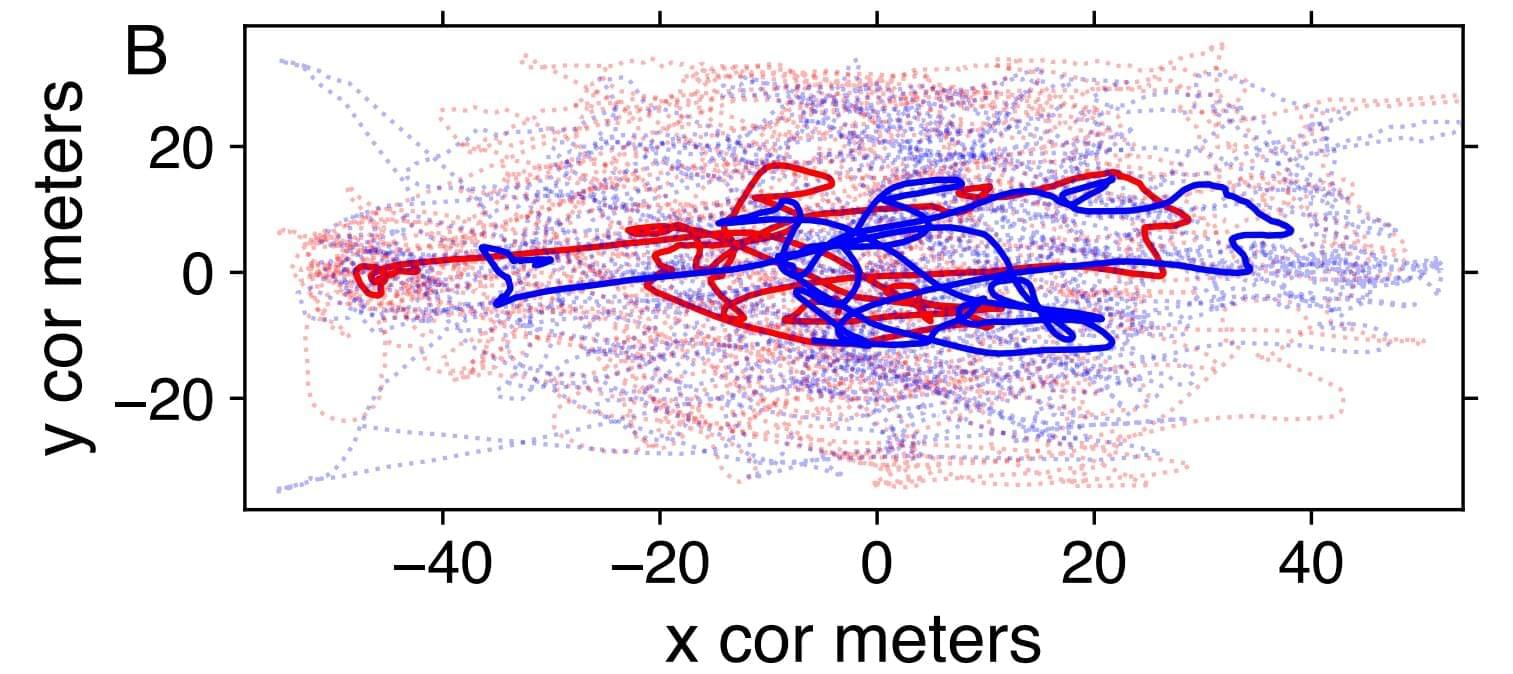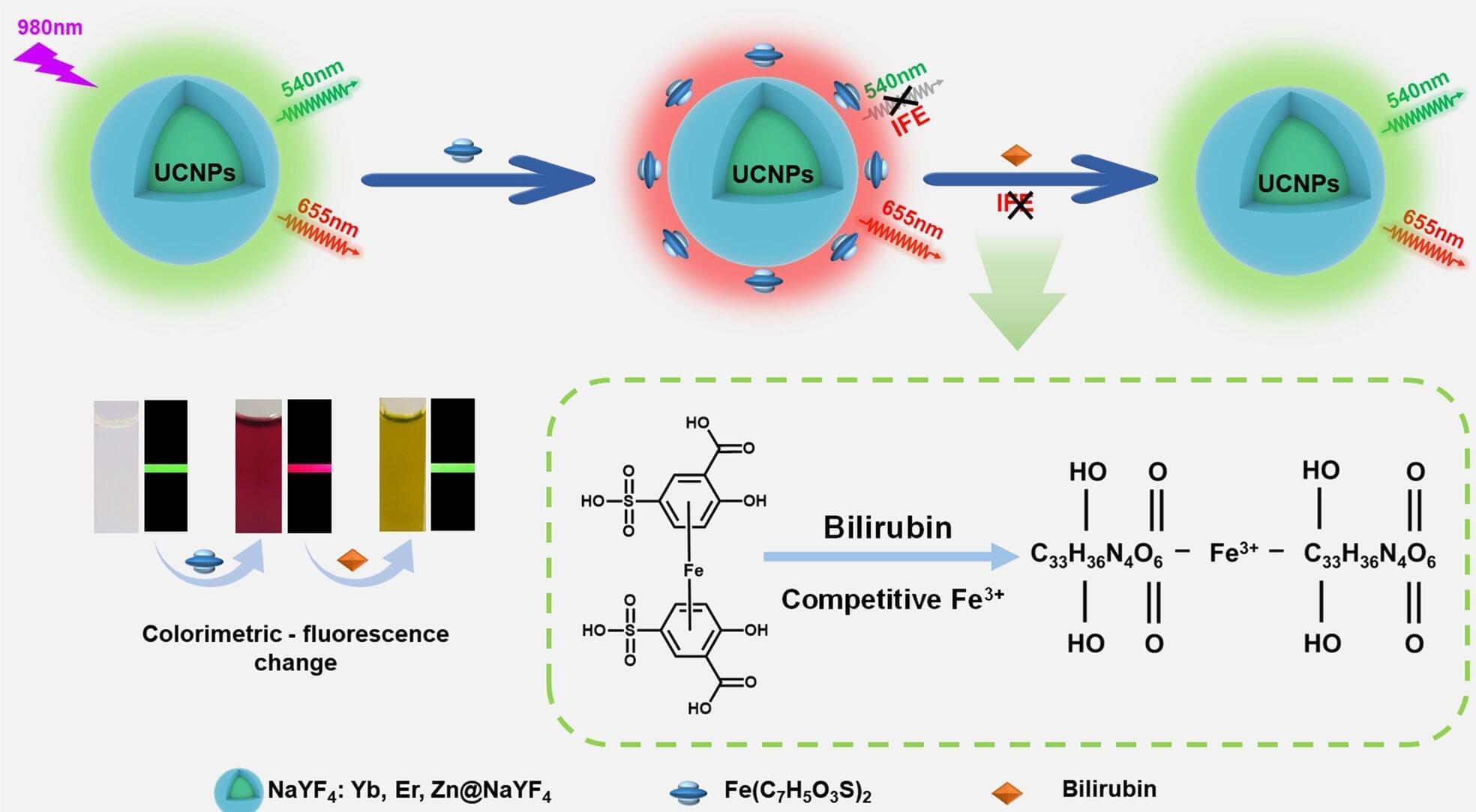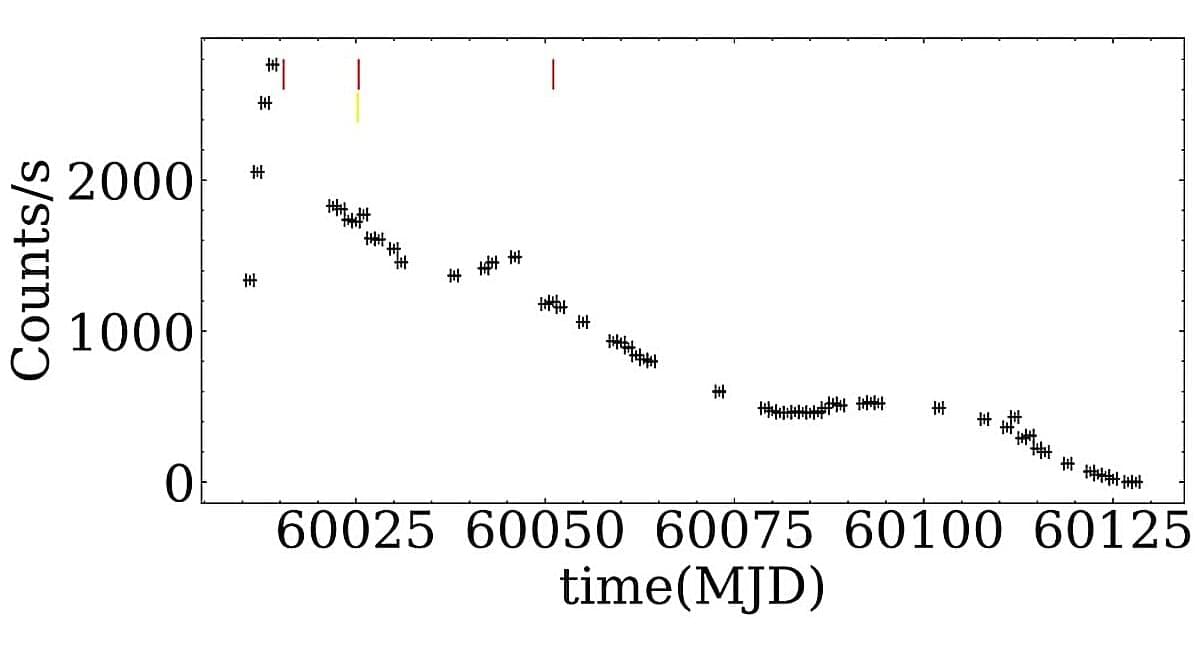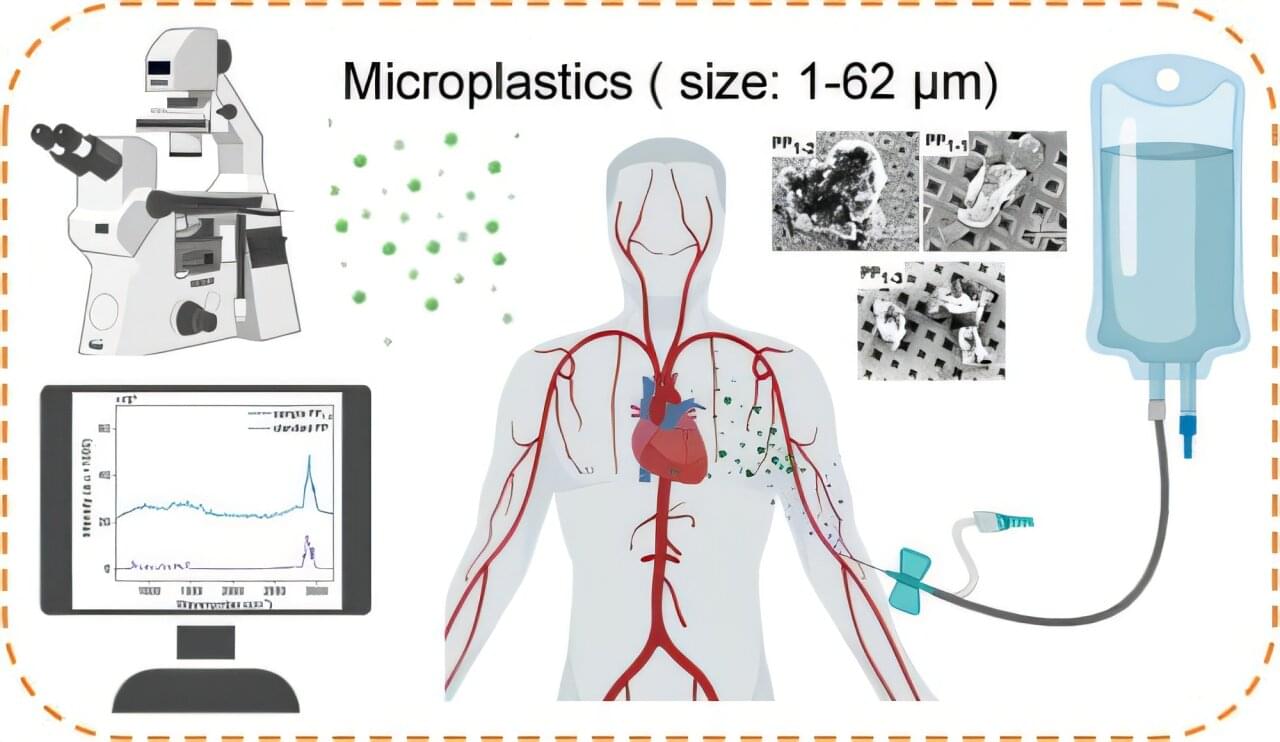Shanghai’s robotics revolution is here! At a cutting-edge startup, humanoid robots are being trained to navigate the real world-learning tasks from sorting objects to taking coffee. But how does Al collect and refine the data that powers these machines? We got access to a 2,000-square-meter data factory, where robots are trained through motion capture, human guidance, and real-world simulations. With China’s tech and supply chain advantages, could these humanoids become part of our daily lives sooner than we think? #HumanoidRobots #Al #FutureTech.
__________________
ShanghaiEye focuses on producing top-quality contents.
Nobody knows SHANGHAI better than us.
Please subscribe to us ☻☻☻
__________________
For more stories, please click.
■ What’s up today in Shanghai, the most updated news of the city.
• Playlist.
■ Amazing Shanghai, exploring the unknown corners of the city, learning the people, food and stories behind them.
• Amazing Shanghai and China 淘宝魔都玩转中国
■ What Chinese people’s lives are like during the post COVID-19 period.
• COVID-19 新冠疫情
■ Views of foreign scholars on China and its affairs.
• Voices, Let’s Listen! 听她他说
■ Foreign faces in Shanghai, people living in this city sharing their true feelings.







